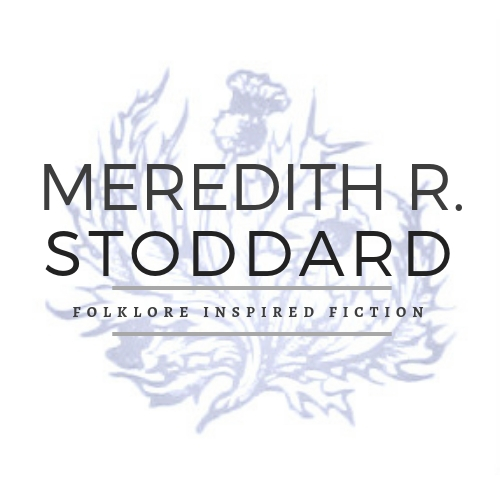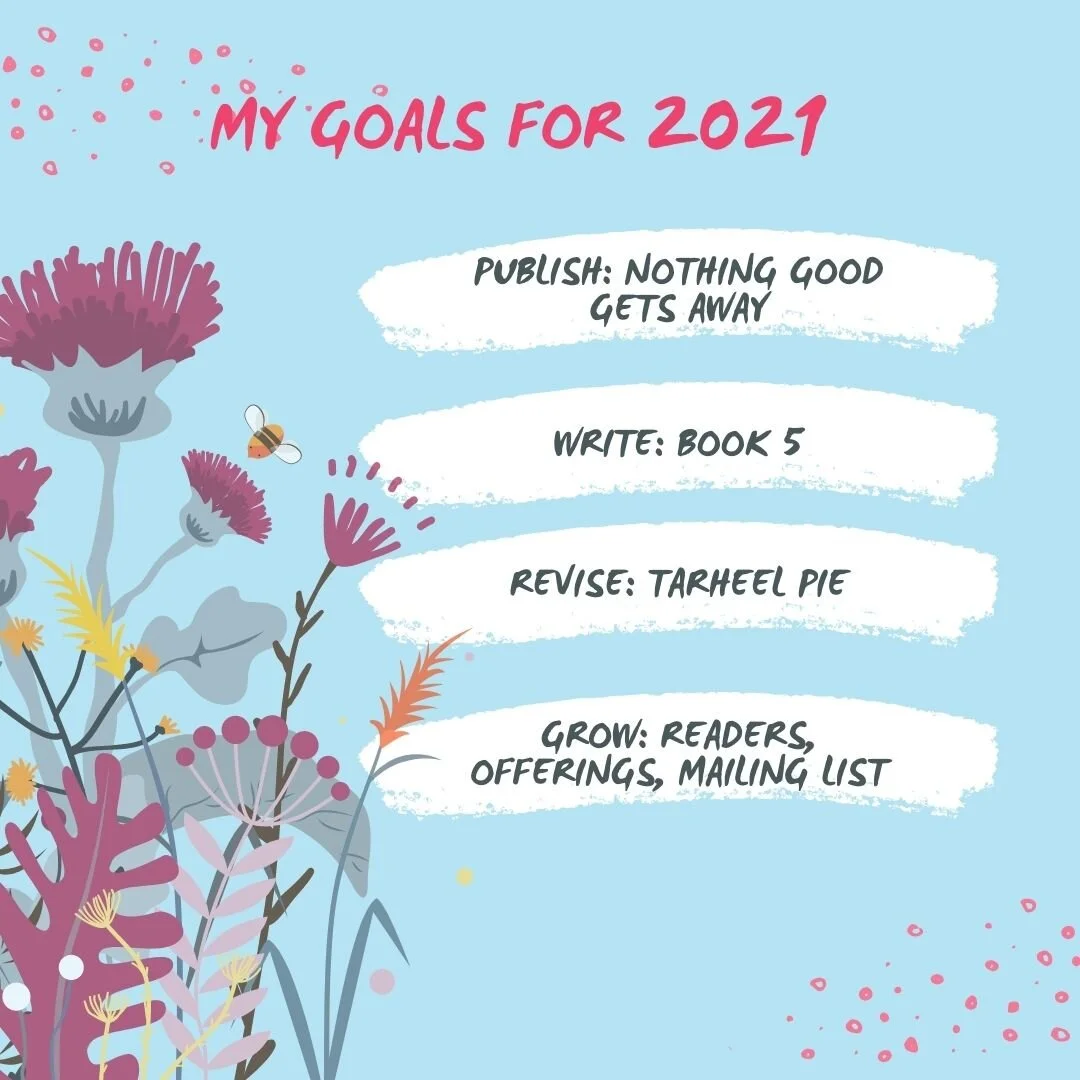For an independent author there are 2 steps to selling books.
1) Letting people know that you have a book out. This frequently involves tweeting, posting on facebook, shouting from roof tops, getting your family and friends to tweet post and/or shout from rooftops, Courting media such as your local paper, book bloggers, and/or pretty much anybody with a megaphone. If you're as lucky as me you also have an adorable 10 year old "publicist" who tells every adult he sees including wait staff, nurses at the doctor's office, car rental agents...that his mom wrote a book and they should really check it out.
2) Convincing people that it's worth buying and reading. The best way to do that is with REVIEWS.
It's a simple fact that reviews sell books. Whether they are on Amazon, BN, Goodreads, or book blogs. There is no substitute for readers telling other readers that your book is good. The difficulty is getting people to review your books.
Sure there are plenty of book "blogs" out there who will allow you to pay them for what they call reviews. These reviews tend to paraphrase the back copy of your book and then gush for about a paragraph. This might serve to get the word out, but discerning readers can tell the difference. As a rule, I don't pay for reviews, nor do I accept payment for reviews.
I also don't have the marketing and advertising budget to blast ads for my books all over the place. I would contend that most other indie authors don't either. I do however believe in Independent publishing, and indie authors.
That's why I signed up for the Fall for the Indie Book Challenge. Author, S. Usher Evans proposed this challenge as a way for authors and readers to help each other find quality independent books and celebrate independent publishing and the freedom that writers have when gates are left open.
Here is how it works:
- Starting September 1st read 1 independent or small press published book each week for 15 weeks.
- Write reviews on the books you read. You can post them on blogs, Goodreads, your preferred ebook retailer, whatever platform works best for you.
"But, Meredith, I can't read a book every week," you say. That's why it's called a challenge. Personally, I usually read at least a book a week, but there are times when other obligations might slow down that rate. I am trying to write another book after all. No worries, if you miss a week or two or ten, you are still supporting indie authors even with just one review.
To communicate with other participants and get or share ideas on what to read, you can join the Fall for the Indie Book Challenge Group on Goodreads. There are threads for discussing and recommending books by genre (They're not all romance.) and even a thread for genre benders like mine.
If you are a reader: Please join and recommend some of your favorite indie books for others to read.
If you are an author: Please join and remember to promote others before you promote your own. I would suggest recommending 2 indie books in addition to yours.
I look forward to seeing everyone's recommendations as well as your reviews and of course I look forward to some great reading ahead.







